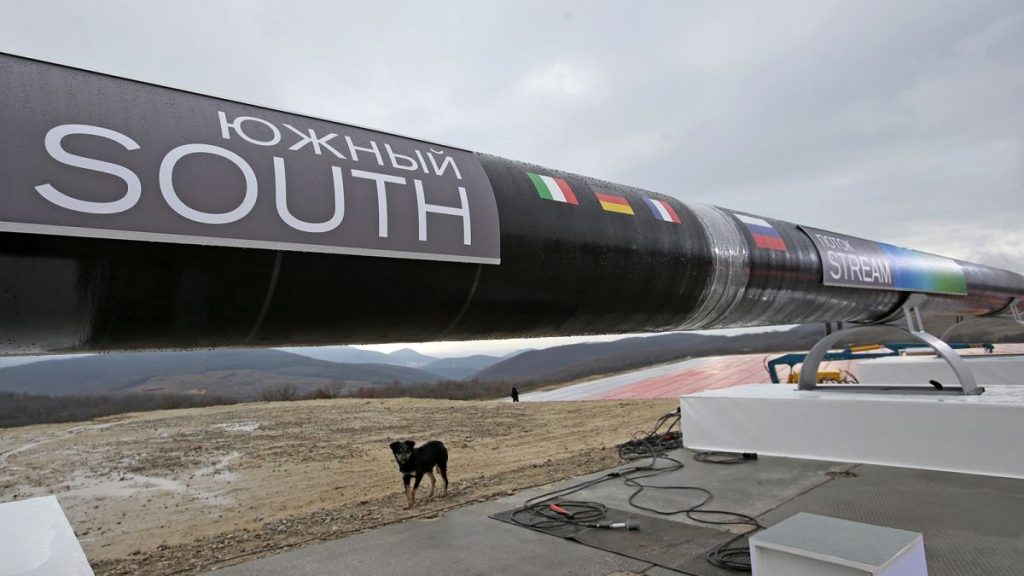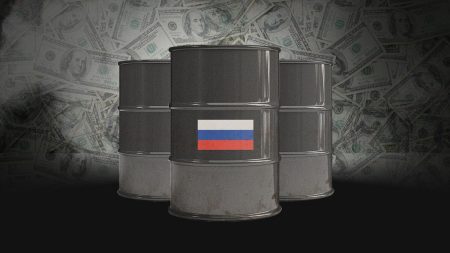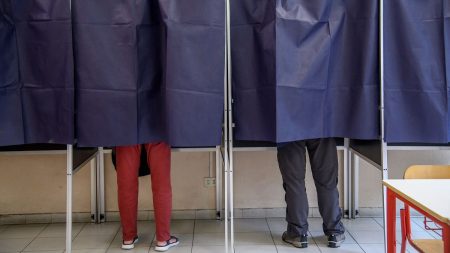The cessation of Russian gas transit through Ukraine, announced by President Volodymyr Zelenskyy, marks a decisive move to sever economic ties with Russia and deny the Kremlin further funding for its war effort. Zelenskyy’s declaration, made following a meeting with EU leaders in Brussels, explicitly prohibits the transit of any gas “coming from Russia,” even if rebranded as originating from another country like Azerbaijan. This aims to prevent Russia from circumventing sanctions and profiting from gas sales disguised as supplies from other nations. The decision carries significant geopolitical implications, particularly for Slovakia, a nation heavily reliant on Russian gas piped through Ukraine, and it complicates the wider European energy landscape as nations grapple with securing alternative gas sources.
Zelenskyy’s firm stance rejects any scheme that would allow Russia to indirectly profit from gas transit, emphasizing that such arrangements would effectively finance the ongoing war. He specifically addressed the potential for Russia to label its gas as Azerbaijani, a scenario that would mask the true origin of the supply while maintaining Russia’s revenue stream. This resolute refusal to facilitate any form of Russian gas transit reflects Ukraine’s commitment to disrupting Moscow’s war funding and preventing further dependence on Russian energy. While acknowledging the financial impact on Ukraine, Zelenskyy highlighted the moral imperative of prioritizing human lives over economic gains during the war. He offered a single, albeit improbable, exception: allowing transit if European buyers withheld payment to Russia until the war’s end, a condition likely to be rejected by Moscow.
Slovakia faces a particularly acute challenge given its dependence on Russian gas transiting through Ukraine. Prime Minister Robert Fico has expressed concerns over the potential disruption to Slovakia’s energy security and the increased costs associated with securing alternative supplies. His government is actively seeking solutions, including potential deals with Azerbaijan, which presents itself as a viable alternative supplier. However, such arrangements carry their own set of complexities, including concerns over Azerbaijan’s human rights record. Furthermore, the potential for Russia to indirectly supply gas through Azerbaijan, a scenario Zelenskyy explicitly rejected, highlights the intricate geopolitical maneuvering involved in securing European energy supplies.
The Ukrainian president’s decision further strains the already tense relationship between Kyiv and Bratislava. Fico’s skepticism towards supporting Ukraine militarily and his alignment with Hungarian Prime Minister Viktor Orbán, who also holds a critical stance on aid to Ukraine, have created friction between the two countries. The gas transit issue adds another layer of complexity to their bilateral relations, as Slovakia seeks to balance its energy needs with the geopolitical realities of the war. Fico has emphasized the need to secure affordable gas supplies and has expressed resistance to paying inflated prices due to geopolitical factors.
The halt in Russian gas transit also has potential repercussions for Austria and Hungary, although their situations differ. Austria has already taken steps to distance itself from Russian gas dependence by terminating a long-term contract with Gazprom after a supply cut-off. Hungary, however, maintains closer ties with Russia and relies heavily on Russian gas, making it more vulnerable to disruptions caused by the transit halt. The varying levels of dependence on Russian gas and differing political stances towards Moscow highlight the complex web of relationships and challenges within the EU concerning energy security.
Zelenskyy’s decision underscores the broader European push to diversify away from Russian energy sources and weakens Russia’s leverage over the continent. While the move presents immediate challenges for countries reliant on Russian gas transiting through Ukraine, it aligns with the long-term goal of reducing European dependence on Russian energy and strengthening energy security. The coming months will be crucial as Slovakia and other affected countries explore alternative gas sources and navigate the complexities of securing stable energy supplies in a volatile geopolitical environment. The interplay between energy security, political alliances, and the ongoing war in Ukraine will continue to shape the European energy landscape.










